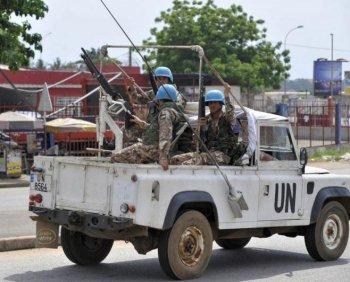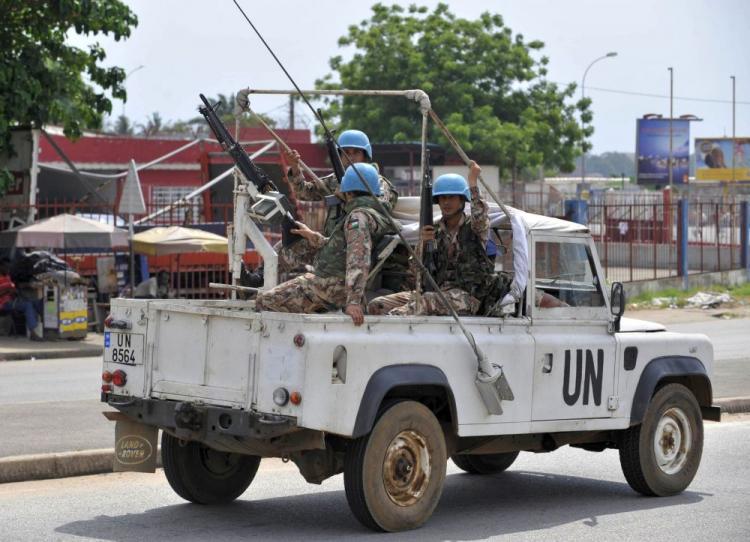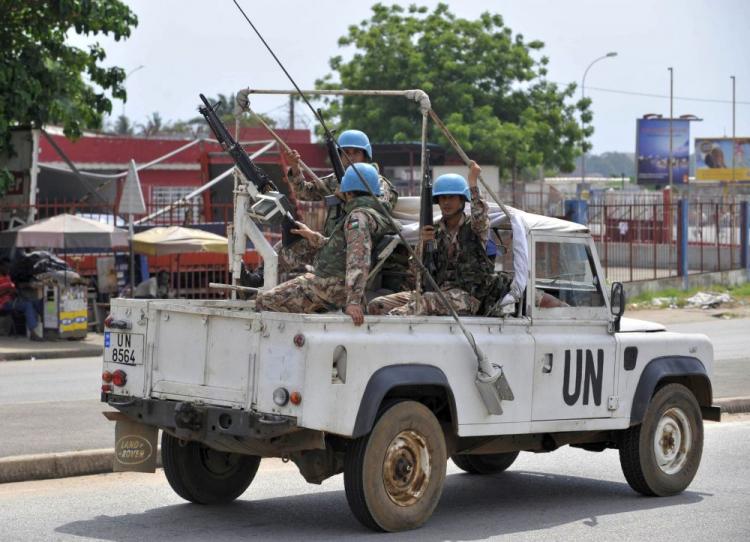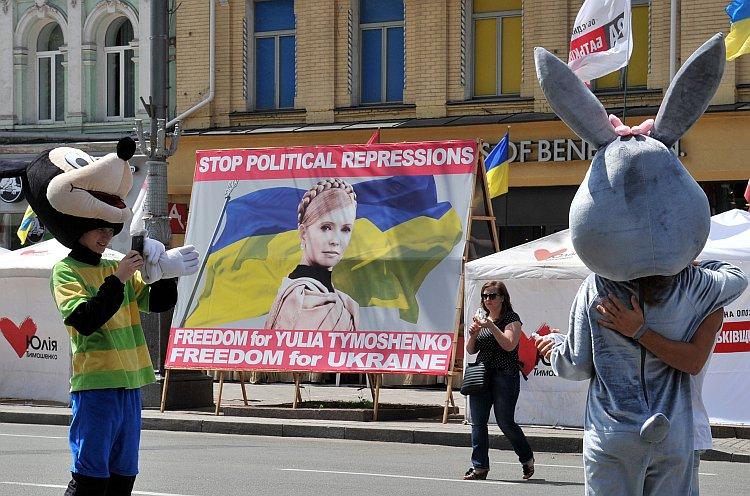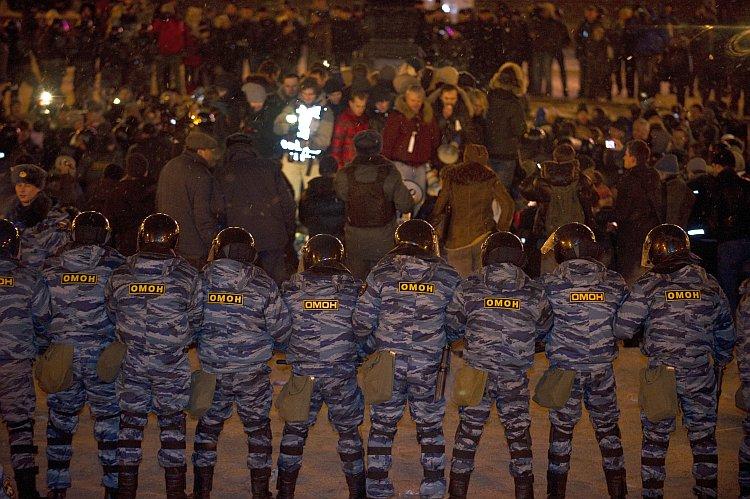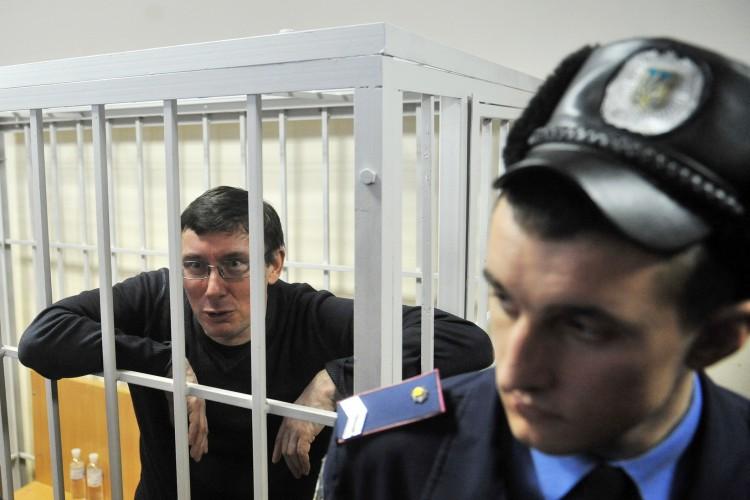Over 14,000 people fled the Ivory Coast (Côte d'Ivoire) to eastern Liberia on Saturday after a political deadlock led to violence following the Nov. 28 presidential elections.
Refugees were trekking from the west of Côte d'Ivoire, taking hours and sometimes days to make the journey, according to the United Nations refugee agency (UNHCR). Food and housing are problems for the refugees; the children among them are suffering from respiratory infections, malaria, and diarrhea.
Violence erupted after political rival Alassane Ouattara, who won the elections and is recognized by the international community, called for protests against incumbent President Laurent Gbagbo, who refuses to step down following his defeat.
About 200 people have so far been killed by security forces loyal to the incumbent president, the U.N. says.
“Between Dec. 16 and 21, human rights officers have substantiated allegations of 173 killings, 90 instances of torture and ill treatment, 471 arrests and detentions, and 24 cases of enforced or involuntary disappearances,” U.N. Deputy High Commissioner for Human Rights Kyung-wha Kang said last week.
Human rights groups have reported numerous abductions and murders, and have complained about the apparent lack of effort on the part of international bodies to prevent the violence.
Human Rights Watch (HRW) has spoken with families and neighbors living in pro-Ouattara neighborhoods in the capital of Abidjan, who witnessed pro-Gbagbo security forces and militants raiding homes and dragging people away to unknown locations.
Other witnesses spoke of stumbling across cold bodies riddled with bullets, presumably abductees who had been executed.
“Abducting, disappearing, and killing perceived political opponents are horrific human rights crimes, which can and should be punished,” HRW said last week in a statement.
Amnesty International has criticized the U.N. Human Rights Council for its failure to use every possible means to stop the violence. Though the council did adopt a resolution condemning the killings and abductions, Amnesty says it was toothless.
“The resolution does nothing to impress upon the perpetrators—including the instigators—of the ongoing extrajudicial killings, enforced disappearances, and other human rights violations and abuses that they are, and will be, accountable for their acts,” the group said last week.
Gbagbo, who has been able to stay in power because of the loyalty of security forces and the country’s military, has shown no signs of backing down.
The Central Bank of West African States has cut Gbagbo off from access to the Ivorian government’s accounts. They hope to make it harder for him to pay the wages of his security ruffians, and so force him to capitulate.
Refugees were trekking from the west of Côte d'Ivoire, taking hours and sometimes days to make the journey, according to the United Nations refugee agency (UNHCR). Food and housing are problems for the refugees; the children among them are suffering from respiratory infections, malaria, and diarrhea.
Violence erupted after political rival Alassane Ouattara, who won the elections and is recognized by the international community, called for protests against incumbent President Laurent Gbagbo, who refuses to step down following his defeat.
About 200 people have so far been killed by security forces loyal to the incumbent president, the U.N. says.
“Between Dec. 16 and 21, human rights officers have substantiated allegations of 173 killings, 90 instances of torture and ill treatment, 471 arrests and detentions, and 24 cases of enforced or involuntary disappearances,” U.N. Deputy High Commissioner for Human Rights Kyung-wha Kang said last week.
Human rights groups have reported numerous abductions and murders, and have complained about the apparent lack of effort on the part of international bodies to prevent the violence.
Human Rights Watch (HRW) has spoken with families and neighbors living in pro-Ouattara neighborhoods in the capital of Abidjan, who witnessed pro-Gbagbo security forces and militants raiding homes and dragging people away to unknown locations.
Other witnesses spoke of stumbling across cold bodies riddled with bullets, presumably abductees who had been executed.
“Abducting, disappearing, and killing perceived political opponents are horrific human rights crimes, which can and should be punished,” HRW said last week in a statement.
Amnesty International has criticized the U.N. Human Rights Council for its failure to use every possible means to stop the violence. Though the council did adopt a resolution condemning the killings and abductions, Amnesty says it was toothless.
“The resolution does nothing to impress upon the perpetrators—including the instigators—of the ongoing extrajudicial killings, enforced disappearances, and other human rights violations and abuses that they are, and will be, accountable for their acts,” the group said last week.
Gbagbo, who has been able to stay in power because of the loyalty of security forces and the country’s military, has shown no signs of backing down.
The Central Bank of West African States has cut Gbagbo off from access to the Ivorian government’s accounts. They hope to make it harder for him to pay the wages of his security ruffians, and so force him to capitulate.
